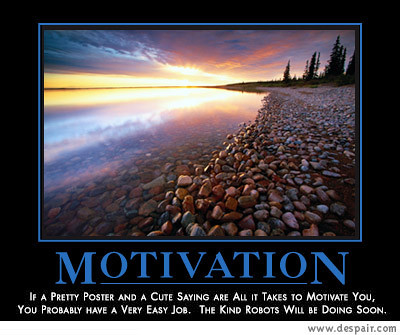Seminar on Listening Skills
Listening skill is a communication technique that requires the listener to understand, interpret, and evaluate what (s)he hears. The ability to listen actively can improve personal relationships through reducing conflicts, strengthening cooperation, and fostering understanding.
When interacting, people often are not listening attentively. They may be distracted, thinking about other things, or thinking about what they are going to say next (the latter case is particularly true in conflict situations or disagreements). Active listening is a structured way of listening and responding to others, focusing attention on the speaker. Suspending one's own frame of reference, suspending judgment and avoiding other internal mental activities are important to fully attend to the speaker.

Comprehension is "shared meaning between parties in a communication transaction". This is the first step in the listening process. The first challenge for the listener is accurately identifying speech sounds and understanding and synthesizing these sounds as words. We are constantly bombarded with auditory stimuli, so the listener has to select which of those stimuli are speech sounds and choose to pay attention to the appropriate sounds (attending). The second challenge is being able to discern breaks between discernable words, or speech segmentation. This becomes significantly more difficult with an unfamiliar language because the speech sounds blend together into a continuous cluster. Determining the context and meanings of each word is essential to comprehending a sentence.
Power point presentation on Listening Skills







